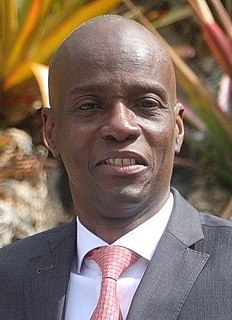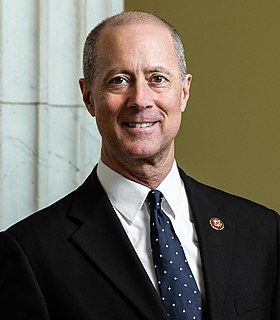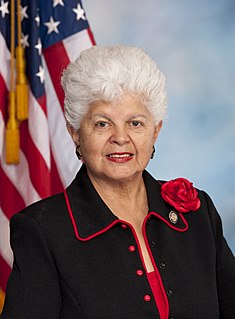A Quote by Jovenel Moise
I am fully aware of my responsibility to ensure conditions are establish to guarantee security, stability and long-term development in Haiti.
Related Quotes
My immediate priorities are peace and stability. I want to differentiate between stability and security: Stability comes from the hearts of people and acceptance of the judicial system. Security comes from the barrel of a gun and the threat of the use of force. We're seeing violence at an unprecedented level. We've become numb to bloodletting. Enduring peace cannot come unless we build a state that can guarantee our individual rights and obligations.
The Constitution places the responsibility on Congress for setting the size of the U.S. military, ensuring sufficient resources are in place to train and equip it, and funding maintenance programs and replacing worn-out equipment. We have a moral responsibility to ensure that our people are fully prepared and fully supported.
Everyone aimed at security: no one accepted responsibility. What was plainly lacking, long before the barbarian invasions had done their work, long before economic dislocations became serious, was inner go. Rome’s life was now an imitation of life: a mere holding on. Security was the watchword – as if life knew any other stability than through constant change, or any form of security except through a constant willingness to take risks


































